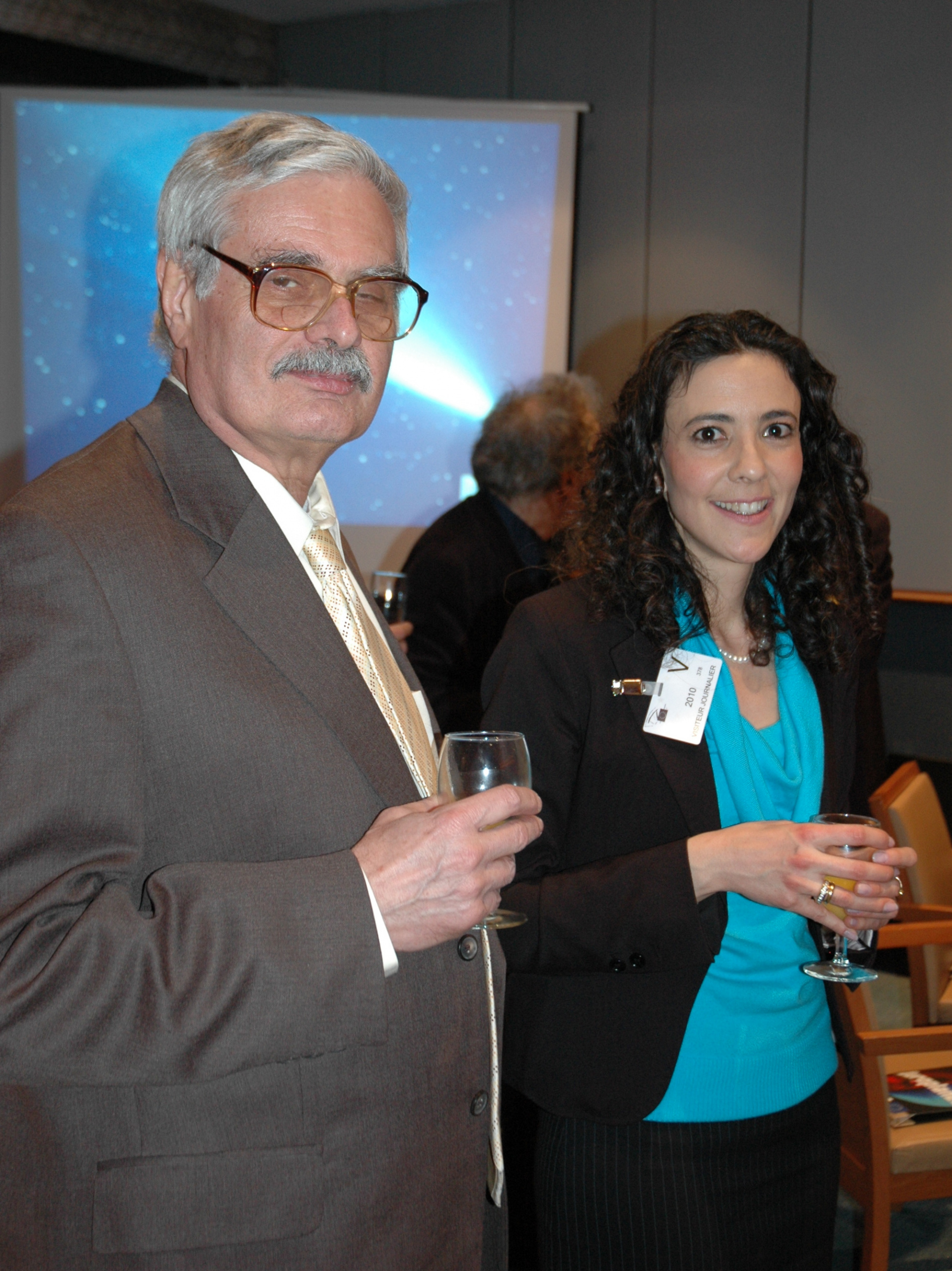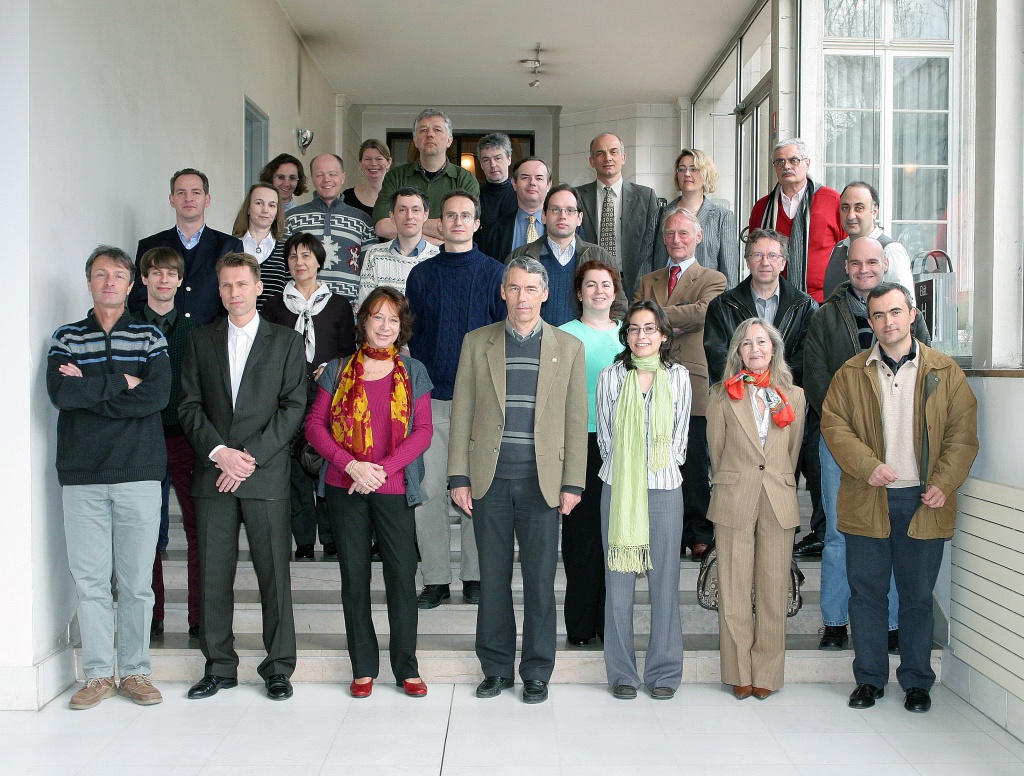Extended deadline for 12th ‘Paolo Farinella’ Prize, 2022
The DEADLINE for nominations for this year’s Farinella Prize is extended to May 15th 2022.
The 12th Paolo Farinella Prize will be awarded to a young scientist with outstanding contributions in the field of planetary science concerning ‘Asteroids: Physics, Dynamics, Modelling and Observations‘, including theoretical, modelling, experimental and observational work on asteroids. The award winner will be honoured during the Europlanet Science Congress (EPSC) 2022 in Granada (Spain).
For the 12th ‘Paolo Farinella’ Prize the terms and rules are as follows:
- A competition is announced to award the ‘Paolo Farinella’ Prize for the year 2022. The Prize consists of a plate, a certificate and the amount of 1500 €. The winner is expected to give a Prize lecture during EPSC2022.
- The winner will be selected on the basis of their overall research results in the field of ‘Asteroids: Physics, Dynamics, Modelling and Observations‘.
- Nominations must be sent by email not later than May 1st to the following addresses: michelp@oa.eu, acb@ua.es and david.lucchesi@inaf.it, using the downloadable form.
- The nominations for the ‘Paolo Farinella’ Prize can be made by any researcher that works in the field of planetary sciences following the indications in the attached form. Self-nominations are acceptable. The candidates should have international and interdisciplinary collaborations and should be not older than the age of Paolo when he passed away, 47 years, as of 1 May 2022.
- The winner of the Prize will be selected before 20 June 2022 by the ‘Paolo Farinella’ Prize Committee composed of outstanding scientists in planetary sciences, with specific experience in the field.
- The Prize Committee will consider all the nominations, but it will be entitled to autonomously consider other candidates.
To honour the memory and the outstanding figure of Paolo Farinella (1953-2000), an extraordinary scientist and person, a Prize has been established in recognition of significant contributions in the fields of interest of Paolo, which spanned from planetary sciences to space geodesy, fundamental physics, science popularisation, security in space, weapon control and disarmament.
The Prize has been proposed during the ‘International Workshop on Paolo Farinella, the scientist and the man‘, held in Pisa in 2010.
Previous recipients of the ‘Paolo Farinella Prize’ were:
- 2011: William F. Bottke, for his contribution to the field of ‘Physics and dynamics of small solar system bodies’.
- 2012: John Chambers, for his contribution to the field of ‘Formation and early evolution of the Solar System’.
- 2013: Patrick Michel, for his contribution to the field of ‘Collisional processes in the Solar System’.
- 2014: David Vokrouhlicky, for his contribution to the field of ‘Non gravitational forces in the Solar System’.
- 2015: Nicolas Biver, for his contribution to the field of ‘Dynamics and physics of comets’.
- 2016: Kleomenis Tsiganis, for his contribution to the field of ‘Applications of celestial mechanics to the natural bodies of our solar system’.
- 2017: Simone Marchi, for his contribution to the field of ‘Physics and dynamics of the inner planets of the solar system and their satellites’.
- 2018: Francis Nimmo, for his contribution to the field of ‘Giant planets satellite systems‘.
- 2019: Scott Sheppard and Chad Trujillo, jointly, for their contribution to the field of ‘The Trans-Neptunian Population’.
- 2020: Heather Knutson and Jonathan Fortney, jointly, for their contribution to the field of ‘Structure, Physics and Dynamics of Giant Planets’.
- 2021: Diana Valencia and Lena Noack, jointly, for their contribution to the field of ‘Terrestrial Planets and Super-Earths‘.



